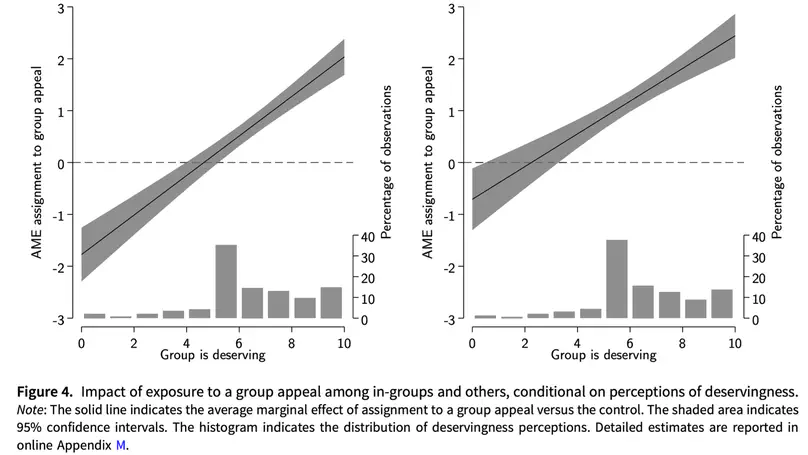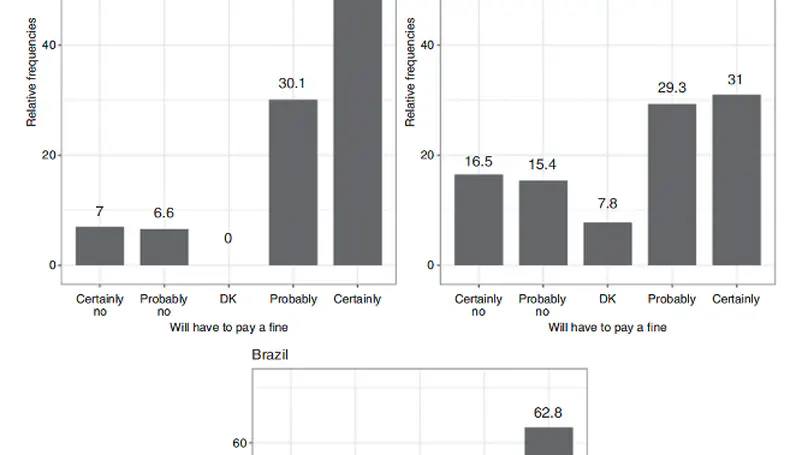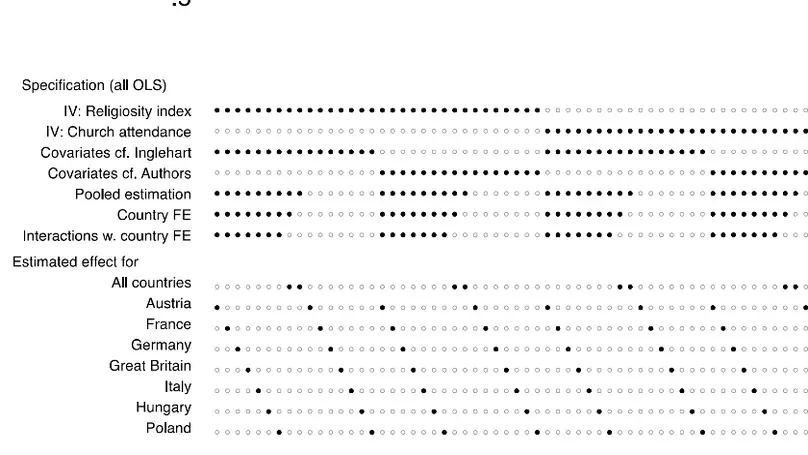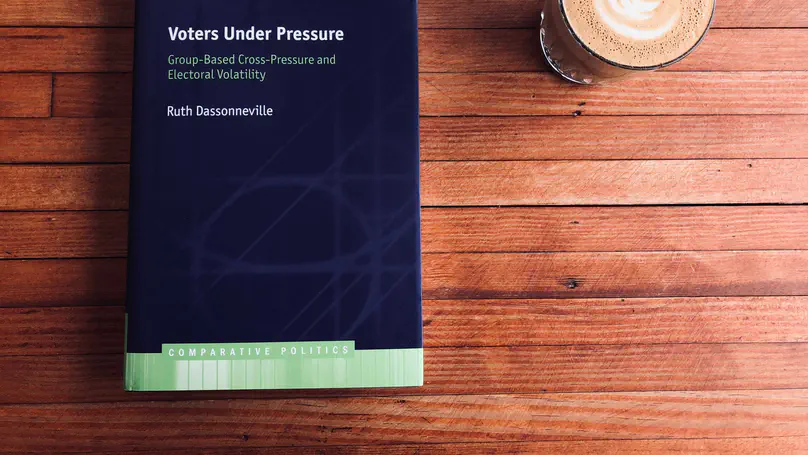Ruth Dassonneville
KU Leuven
I am a Professor in the Voting & Democracy research group at the Faculty of Social Sciences at KU Leuven. Previously, I was a full Professor in the political science department at the Université de Montréal, where I held the Canada Research Chair in Electoral Democracy. Between 2022 and 2024, I was also the co-chair of the Chaire CÉRIUM-FMSH sur la gouvernance mondiale.
My research interests include electoral behaviour, dealignment, economic voting, compulsory voting, and women and politics. My work on these topics has been published in, amongst others, the American Journal of Political Science, the British Journal of Political Science, the European Journal of Political Research and the Journal of Politics.
In 2023, I published Voters Under Pressure with Oxford University Press. In this book, I examine changes in voters’ electoral choices over time and investigate how these changes are linked to a growth in electoral volatility. The core argument that is presented and tested in this book is that group-based cross-pressures are an important source of electoral volatility. I discuss about the book in this podcast episode.
I am an editor at the British Journal of Political Science and an associate editor at French Politics. I am a co-winner of the 2024 Emerging Scholar Award of the Elections, Public Opinion, and Voting Behavior Section of the American Political Science Association.
I was and am the supervisor of amazing graduate students. You can read about some of them here.
Selected Publications

Recent research draws attention to parties? reliance on group appeals. Such group appeals are a tool that parties and candidates use to strengthen the association between voters? social group membership and their electoral support. However, what we know about the effects of such appeals on voters is mostly limited to class appeals. Using two survey experimental studies among British voters (N=1,500; N=3,200), we shed light on the generalizability of the effects of symbolic group appeals for other types of social groups. We show that group appeals based on class, place, education, age, gender, and ethnicity all shape candidate support. We also theorize that effects are conditioned by respondents? strength of identity and their deservingness perceptions and show that the latter are key to explaining voters? reactions to group appeals. These findings clarify the scope and conditions of group appeals? effects and advance our understanding of group politics.

A burgeoning literature studies compulsory voting and its effects on turnout, but we know very little about how compulsory voting works in practice. In this Element, the authors fill this gap by providing an in-depth discussion of compulsory voting rules and their enforcement in Australia, Belgium, and Brazil. By analysing comparable public opinion data from these three countries, they shed light on citizens’ attitudes toward compulsory voting. The Element examines citizens’ perceptions, their knowledge of the system, and whether they support it. The authors connect this with information on citizens’ reported turnout and vote choice to assess who is affected by mandatory voting and why. The work clarifies that there is no single system of compulsory voting. Each country has its own set of rules, and most voters are unaware of how they are enforced.

The strength and direction of the association between Christian religion and support for radical right-wing parties is strongly debated. On the one hand, there is work that shows that in Western European countries with a strong Christian democratic party…

This book examines changes in voters’ electoral choices over time and investigates how these changes are linked to a growth in electoral volatility. Ruth Dassonneville’s core argument, supported by extensive empirical data, is that group-based cross-pressures lead to instability in voters’ choices. She theorizes that when citizens’ socio-demographic characteristics and their membership of social groups do not consistently push them to support one party, but instead lead them to feel cross-pressured between parties, their voting decision process lacks constraint. Voters who are group-based cross-pressured are less likely to feel an attachment to a party, and have less guidance when assessing the state of the economy, when taking positions on issues, or evaluating leaders. The different factors that influence voters’ choices, as a result, do not add up to strengthening a preference for one specific party but instead lead a voter to consider different parties. To test this argument, the book makes use of election survey data from eight established democracies that allow the study of voting behaviour and its correlates over several decades. These data are complemented with data from the European Election Studies project and from election study panels. The book shows that group-based cross-pressures are an important source of instability as they affect the extent to which citizens’ voting decision process is structured. This is evident from the fact that cross-pressured voters are more ambivalent between parties, make their voting decision later, and are more likely to switch parties from one election to the next.